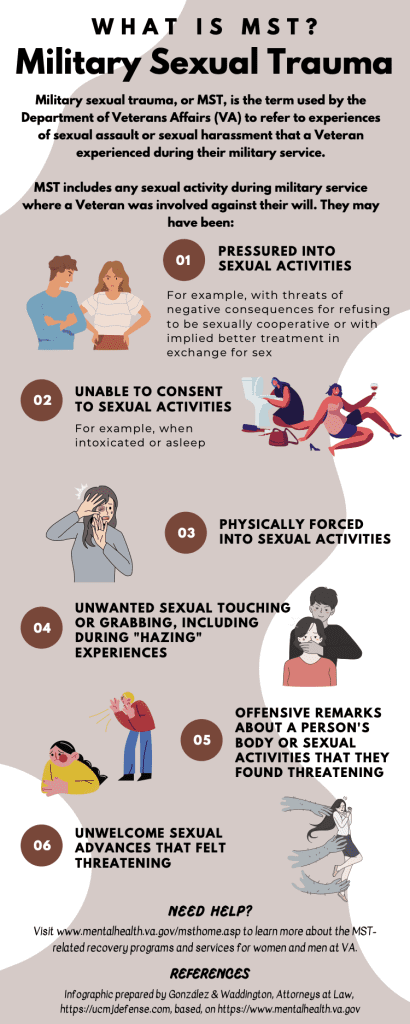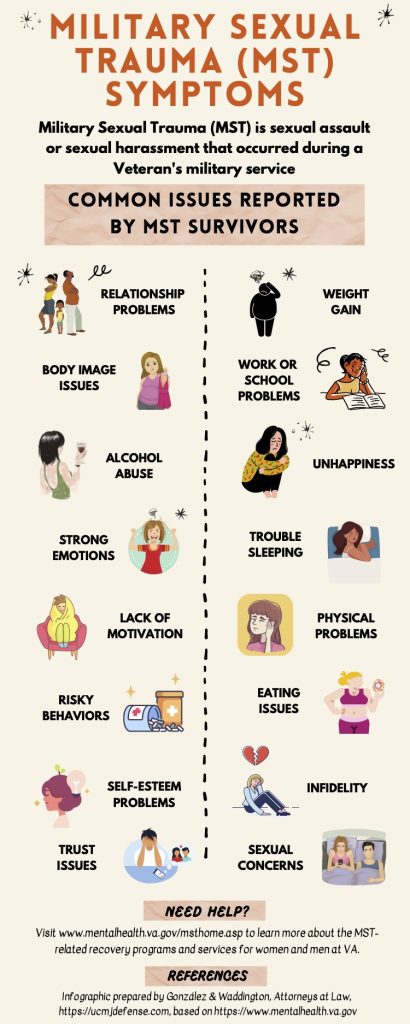Statistics on people who are sexually assaulted or raped
People who are sexually assaulted or raped have a higher risk of contracting sexually transmitted infections. For example, marital rape can be deeply traumatic in a relationship that the spouse would otherwise abuse. The consequences of sexual abuse are far beyond physical trauma survivors are more likely to experience rape as adults or intimate partner violence.
National Rape, Abuse and Incest Network (RAINN)
According to the Centers for Disease Control and Prevention (CDC), one in three women and one in four men will experience sexual assault at some point in their lives, including physical contact. In addition, the National Rape, Abuse and Incest Network (RAINN) states that many types of sexual assault can cause trauma from sexual assault. This can include actual and attempted rape as well as unwanted sexual contact. Nearly 5% of active-duty women and 1% of all men reported unwanted sex.
For example, the National Women’s Survey 8 (epidemic survey of 4,008 women) found that the prevalence of PTSD due to rape and lifetime sexual violence was 32% and 30.8%, respectively, compared with 9.4% of cases caused by non-criminal injuries (for example a car accident). It is estimated that up to 94% of rape or sexual assault victims experience symptoms of PTSD in the United States.

Infographic Military Sexual Trauma – MST Symptoms VA Disability Ratings
Rape survivors and trauma
It is important to remember that what you experience is a normal response to rape trauma. On top of that, like many rape survivors, you can fight PTSD, anxiety, and depression. When looking into the facts about rape and how to get help, it is expected that the symptoms you experience will be confusing, given the trauma of the assault. Unfortunately, too many survivors still face stigma and guilt, making it difficult to seek help.
Dworkin spoke to NPR about the findings of his study and shared his views on where society and science should move forward to prevent attacks and help survivors heal. In addition, there have been several reviews of the treatment for rape and sexual assault (e.g., Falsetti, 1997 — A review of treatment for civilian PTSD; Foa, Rothbaum & Steketee, 1993; Foa & Rothbaum, 1998) that provide the background material for this web-based overview focusing on empirically supported treatments.
Cognitive-behavioral therapy
In the 2005 and 2011 NICE Manuals for adults, psychodynamic psychotherapy, trauma-focused cognitive behavioral therapy, and eye movement desensitization and processing are recommended to support PTSD if you or a loved one may need it after sexual assault or rape.
The official website of the CPT explains that cognitive processing therapy is effective in reducing PTSD symptoms associated with a variety of traumatic events, including child abuse, fighting, rape, and natural disasters. There are several effective and evidence-based treatments for the treatment of post-traumatic stress disorder (PTSD) and interpersonal difficulties that can arise from sexual abuse and assault. We offer three research-backed traumatic therapies to help survivors of sexual relations and rape find healing and relief from their PTSD symptoms.
Infographic on Military Sexual Trauma MST-VA Disability for Military Sexual Assault PTSD
Early interventions
Early interventions are briefly discussed in terms of therapeutic approaches. Still, the focus is on treating PTSD and other problems in women who have not recently been raped, as those who have been previously abused are more likely to be seen as mentally ill medical workers. In general, therapies that are effective for reducing the symptoms of PTSD associated with rape and sexual abuse are behavioral and cognitive-behavioral.
A slow process to recover from a rape-related injury is to defy the poisonous and accusatory myths of victims of sexual abuse – that alcohol use makes a sexually abused person accountable for things that get out of hand or for violent rape – can help guide the treatment of victims sexual abuse.
CPT is often the first treatment that our therapists will use on victims of sexual assault or rape, especially if the trauma was recent. Since the late 1980s, CPT was developed by Dr. Patricia Resick in St. Louis and worked at the University of Washington to treat PTSD in sexually abused survivors. Although there have been other RCTs for the treatment of PTSD associated with childhood sexual abuse, the trauma-focused CBT (TF-CBT) treatment program.

